In a Johannesburg mall, a listless and lonely IT worker chats with his dad about the bitter fruits of upward mobility in South Africa. ‘Do you remember when you scored 139 for that IQ test?’ Pa asks, in Masande Ntshanga’s story ‘Space II’. ‘I thought it meant my life would be different, I tell him, but I don’t really like computers.’ As the dream of a ‘rainbow nation’ fades, all the Ubers, espressos and craft beers in the city can’t dispel the mood of yuppie melancholia.
Modern Africa, as several pieces in the latest edition of this annual anthology attest, may cast away old burdens only to take on the anxious freight of globalised life. Dump those stereotypes of want and strife, cease to peddle tales of epidemic, civil war or slumland misery, and any writer worth the name will still flick flies into the ointment of progress. With their flash motors, designer drinks and first-class air tickets, the back-slapping Nairobi bourgeoisie of Billy Kahora’s ‘Shiko’ nervously practise the fear-driven oneupmanship learned in dormitories and on rugby pitches, ‘a philosophy of survival in boarding-school life’. When a Dubai deal and a foxy babe both threaten to slip away, the narrator gazes fondly at ‘the Audi out in the parking lot… It is the only constant.’
Much fiction from or about the continent still dwells on what the novelist Helen Oyeyemi dubbed ‘colourful emergencies’. Via the award itself and yearly workshops for established and emerging authors, the Caine Prize for African Writing — which rewards English-language short stories — has since 2000 encouraged writers to aim higher. In genre, this volume’s entries stretch from high-concept science fiction, in which elite mathematicians run an Africa that has survived the floods that drown Europe and America (Lesley Nneka Arimah), to a bejewelled fantasia of Cleopatra’s girlhood that Oscar Wilde might envy (F.T. Kola). Many stories shun the prescriptive ‘Africanness’ once skewered by Chimamanda Ngozi Adichie — herself shortlisted in 2002 — in ‘Jumping Monkey Hill’. In that ruthless skit about a fiction workshop, a lecherous British tutor instructs wannabes on how to compose ‘a real story of real people’.
Adichie wittily bit the hand that fed —and promoted — her. On balance, though, the Caine deserves a squeeze instead. It has boosted gifted newcomers across a continent where the bulk of countries lack a robust publishing infrastructure. From Leila Aboulela and Helon Habila to NoViolet Bulawayo, Caine victors and finalists have moved swiftly, and successfully, from story to novel. A feminist speech by Adichie was even once sampled by Beyoncé (on ‘Flawless’). Not many Man Booker laureates can claim as much.
Besides, a wariness about cliché-ridden tales of ‘traditional’ Africa will never take the clash of old and new ways entirely off the writer’s table. Lidudumalingani from South Africa won this year’s Caine award for ‘Memories We Lost’ — his quietly heart-rending story of a girl caring for her schizophrenic sister. Here, the rival languages of ancient ritual and western medicine collide as they seek to explain this ‘possession which came out of nowhere, as ghosts do’. The quiddities of love and pain escape both systems, but not an assured authorial voice that interrogates a hidden past for the roots of the sisters’ ordeal. ‘Secrets stay buried for so long,’ as a typically graceful sentence has it, ‘but one day they rise to open like seeds breaking free from the earth.’
This latest compilation adds to the five shortlisted stories for 2016 a dozen pieces — several by previous winners — developed at this year’s workshop, held at a lodge in a Zambian game reserve. Caine veterans who shine in this selection include Okwiri Uduor, whose delightful title story brings a childhood rapture worthy of Dylan Thomas to a Kenyan market street, and last year’s Zambian winner, Namwali Serpell. Her ‘Zo’ona’ crams into its 30-odd pages a parable of globalisation and its discontents that moves from New York to London to Lusaka. ‘One may as well begin,’ Serpell opens, ‘with Mr Kurtz’s messages to his assistant.’ That allusive flourish bows not only to Conrad’s Heart of Darkness but to Forster’s Howards End. Literature, as the Caine authors grasp, began its border-crossing business long before the age of money transfers and smartphones. Their Africa is part of our shared world.
The post Something new out of Africa appeared first on The Spectator.
Got something to add? Join the discussion and comment below.
Get 10 issues for just $10
Subscribe to The Spectator Australia today for the next 10 magazine issues, plus full online access, for just $10.
You might disagree with half of it, but you’ll enjoy reading all of it. Try your first month for free, then just $2 a week for the remainder of your first year.

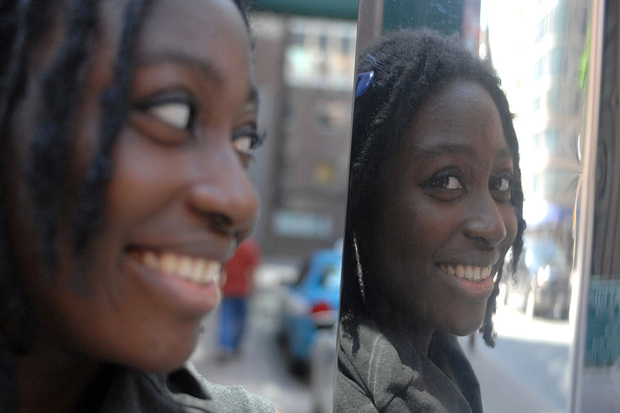
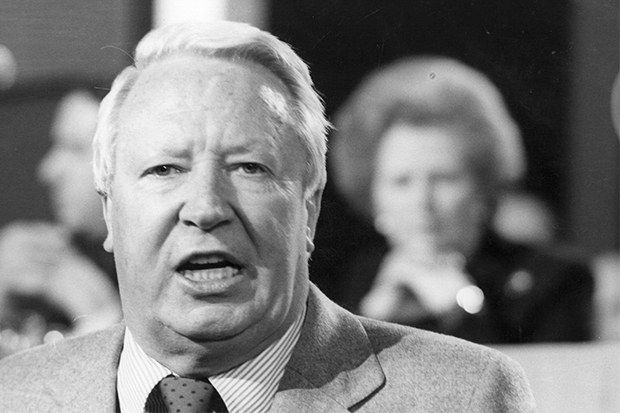
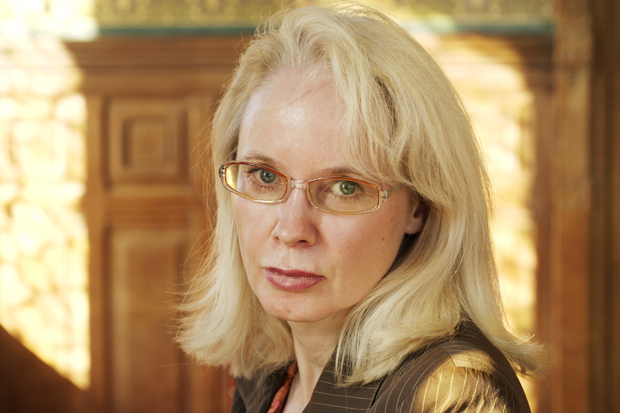

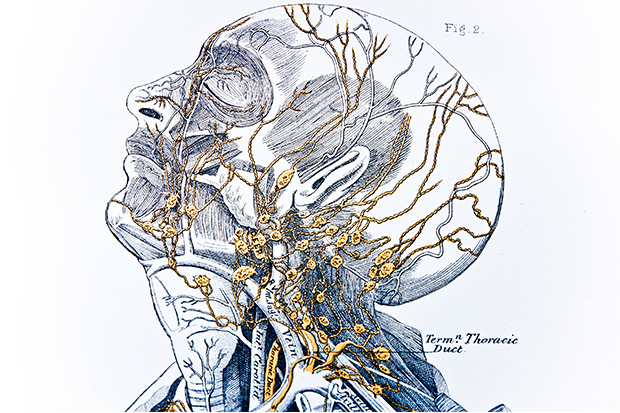
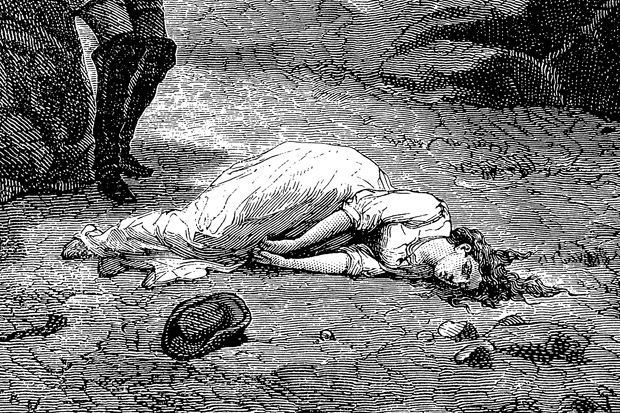
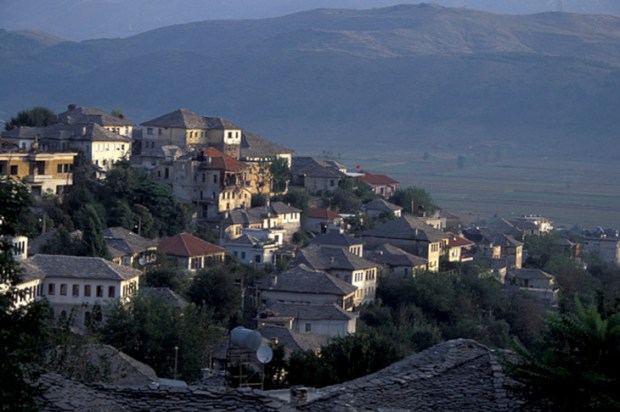






Comments
Don't miss out
Join the conversation with other Spectator Australia readers. Subscribe to leave a comment.
SUBSCRIBEAlready a subscriber? Log in